World court rejects demand for Gaza ceasefire
International Court of Justice orders Israel to take measures to prevent destruction of Palestinian community, avoid incitement and facilitate humanitarian aid.
The International Court of Justice declined a plea to order Israel to cease military operations in Gaza following Hamas’s Oct. 7 terrorist attacks but required the Jewish state to enable humanitarian aid to the enclave’s civilian population and take every measure to prevent destruction of its Palestinian community.
Friday’s decision, adopted by an overwhelming majority of the United Nations court, was a nuanced response to a blood-soaked conflict that began with Hamas’s massacre of more than 1200 people in Israel, triggering an Israeli military campaign that Gaza officials say has claimed more than 25,000 lives.
“The court is acutely aware of the extent of the human tragedy that is unfolding in the region and is deeply concerned about the continuing loss of life and human suffering,” the ICJ’s American president, Joan Donoghue, said in announcing the ruling from the Peace Palace in The Hague.
The ICJ order came a month after South Africa initiated proceedings accusing Israel of violating the 1949 Genocide Convention, and two weeks after hearings where South Africa, backed by the Palestinian Authority, presented its case, portraying the Gaza operation as a continuing assault on Palestinians that began with Israel’s establishment in 1948.
Israel, in rebuttal, said that its military complies with international legal obligations and that non-combatant casualties had been exacerbated by Hamas’s practice of locating fighters and supplies in civilian areas.
To side with South Africa, the court had to find that its allegations, if true, could be in violation of the treaty; a final determination of those questions could take years of litigation.
In Friday’s provisional orders, adopted in a series of near-unanimous votes, the world court required Israel to punish incitement to genocide in the Gaza Strip, preserve evidence of potential violations of the treaty and report back to The Hague on its compliance. It also called for the immediate and unconditional release of hostages taken by Hamas during its Oct. 7 attack and held by it and other militant groups.
But the court stopped short of the fundamental objective South Africa and its allies sought: ordering an immediate end to Israel’s military campaign in Gaza.
Both sides claimed vindication.
“Our war is against Hamas terrorists, not against Palestinian civilians, ” Israeli Prime Minister Benjamin Netanyahu said shortly after the decision. “We will continue to facilitate humanitarian assistance, and to do our utmost to keep civilians out of harm’s way, even as Hamas uses civilians as human shields.”
South Africa’s Foreign Ministry called the decision “a decisive victory for the international rule of law and a significant milestone in the search for justice for the Palestinian people.” The ICJ, it said, “has determined that Israel’s actions in Gaza are plausibly genocidal and has indicated provisional measures on that basis.”
The Palestinian Authority’s foreign minister, Riad Malki, said the decision meant that “states now have clear legal obligations to stop Israel’s genocidal war on the Palestinian people in Gaza and to make sure that they are not complicit.”
Hamas, which the US and European Union classify as a terrorist organisation, said the ICJ decision “opens the door to holding the enemy’s leaders accountable for these crimes before the International Criminal Court and reaffirms the rights of our Palestinian people to self-determination, the establishment of their independent state, and the return to their forcibly evacuated lands and homes, in line with relevant international resolutions.”
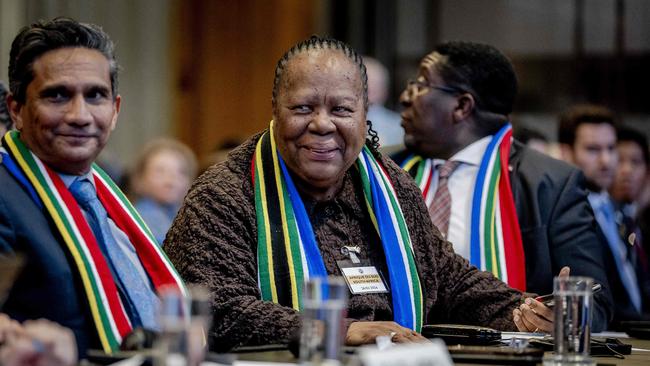
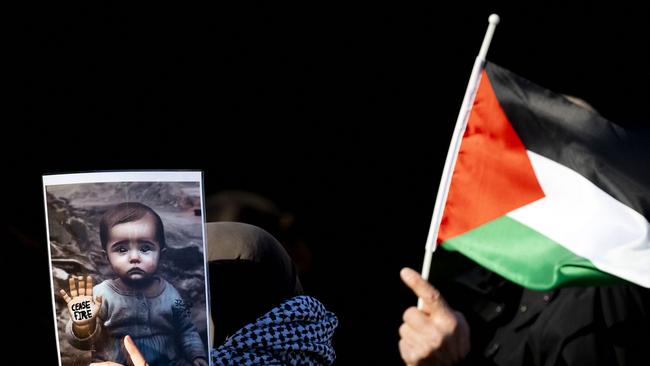
The ICJ hears disputes between governments and though its orders are legally binding, it lacks the power to enforce its rulings. The separate International Criminal Court, also based in The Hague, can bring charges against individuals for grave violations of humanitarian law; the ICC prosecutor, Karim Khan, has opened an investigation into potential crimes by both Israeli forces and Palestinian militants.
The world court’s Gaza order stands in contrast to another Genocide Convention case, when in March 2022 the ICJ instructed Russia to cease its military operations in Ukrainian territory. In that order, approved by a 13-2 vote over the Russian and Chinese judges’ dissent, the world court gave no credit to Russia’s claims to have invaded Ukraine in self-defence.
In both the Gaza and Ukraine cases, the ICJ’s overwhelming votes appeared to reflect much of world opinion: distress about the human cost of Israel’s Gaza operation while recognising Israel’s right of self-defence, but outright rejection of Moscow’s pretexts for invading Ukraine.
Amos Guiora, a University of Utah law professor and former Israeli army lawyer, said that “at the end of the day, each side got what they wanted.”
South Africa won a political victory in an ICJ order demanding stronger efforts to reduce civilian suffering, he said. But Israel avoided a legal ruling that would force it either to stop military operations or defy the world court, he said.
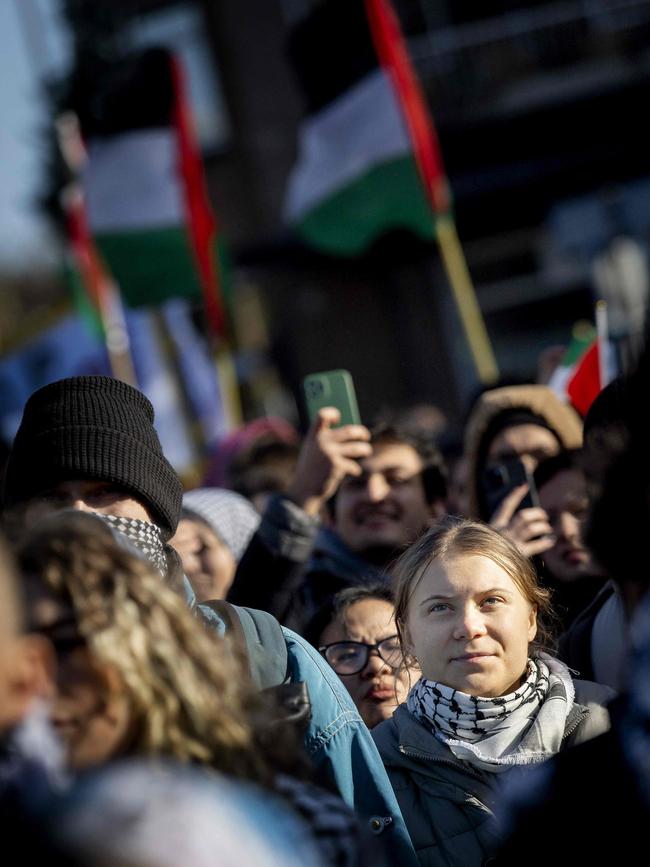
Still, the conduct of the Gaza campaign received no pass, said Diane Marie Amann, an international-law professor at the University of Georgia. “Israel will need to adjust if it wishes to comply with the court’s order,” she said.
The court’s admonitions echoed the stance Biden administration officials have taken: urging Israel to minimise civilian harm and increase access to humanitarian aid, but not calling for a ceasefire before the hostages are freed and Hamas neutralised.
A State Department spokeswoman said as much Friday. The US has “consistently made clear that Israel must take all possible steps to minimise civilian harm, increase the flow of humanitarian assistance, and address dehumanising rhetoric,” she said.
“We continue to believe that allegations of genocide are unfounded and note the court did not make a finding about genocide or call for a ceasefire,” she said.
The ICJ decision gave particular attention to statements by UN officials regarding dire conditions in Gaza, as well as remarks from Israeli officials immediately after the Oct. 7 attack promising a punishing retaliation to destroy Hamas. But it also recognised that Israel had asserted a right to self-defence, which the UN Charter recognises, and that in official statements had said it sought to minimise harm to civilians.
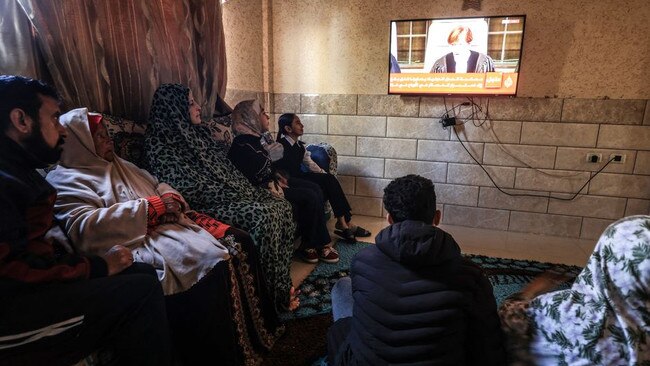
The court noted that Israel’s attorney general has said statements calling for intentional harm to civilians could be a crime and that Israeli authorities were investigating several such cases.
“While steps such as these are to be encouraged, they are insufficient to remove the risk that irreparable” violations of the Genocide Convention could occur, the court said.
The 15 judges voting for the court’s full order came from countries that have supported Israel, including Australia, France and Germany, as well as from Arab and developing nations aligned with the Palestinian cause, such as Morocco, Somalia and Lebanon -- the latter, which formally remains at war with Israel, being home to Hezbollah, a militant group that has allied with Hamas. Judges from America’s rival superpowers, China and Russia, joined the majority, as did the temporary judge South Africa appointed to sit on the case.
Israel’s ad hoc judge for the case, Aharon Barak, also voted for some portions of the order, including directions to punish incitement of genocide and accommodate humanitarian aid to the territory, but he dissented from other provisions including the requirement that Israel “take all measures within its power to prevent” violations of the convention.
Only the Ugandan judge, Julia Sebutinde, dissented across the board. The court said that several judges filed individual opinions but they weren’t included in the published order.
The ICJ has several matters from the Middle East on its docket, including a complaint by the Palestinian Authority arguing that the US decision in 2017 to relocate its embassy in Israel to Jerusalem from Tel Aviv violates the Vienna Convention on Diplomatic Relations.
Last November, in a case filed by Canada and the Netherlands, the ICJ ordered Syria to comply with another human-rights treaty, the Convention Against Torture, and preserve evidence of potential violations in its yearslong internal conflict. Syria refused to participate in the proceedings.
– Anat Peled, Alexandra Wexler, Fatima AbdulKarim and Shayndi Raice contributed to this article.
The Wall Street Journal

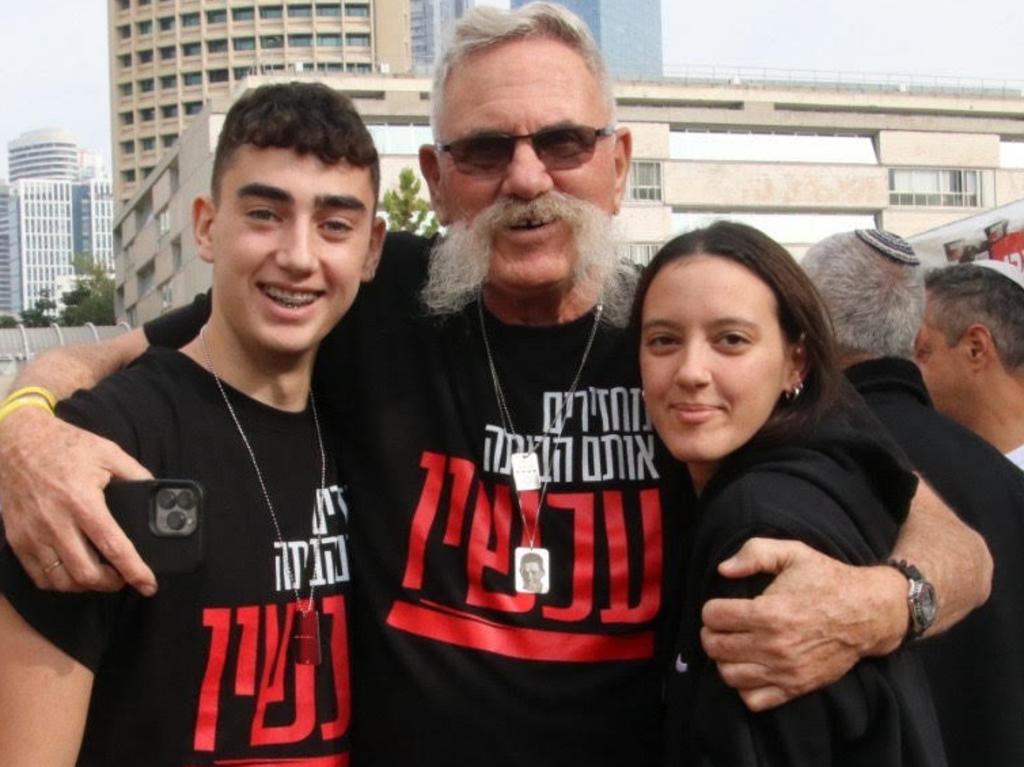
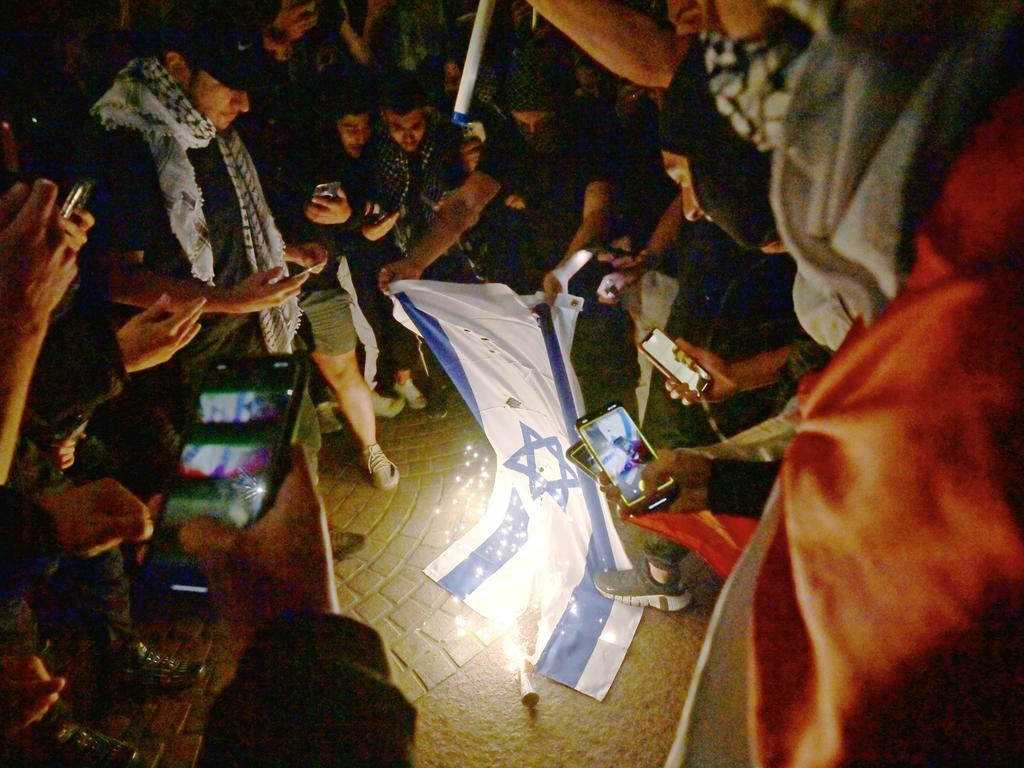
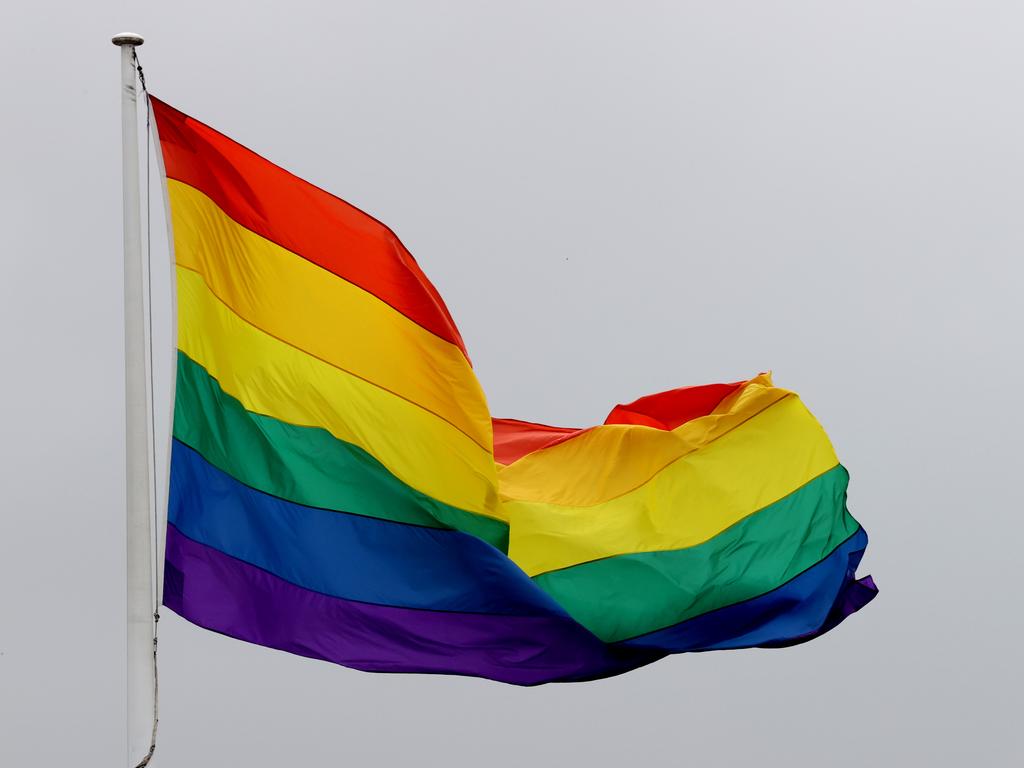


To join the conversation, please log in. Don't have an account? Register
Join the conversation, you are commenting as Logout